World Oceans Day 2017
No More Rubbish Islands in our Oceans
Last month a news story broke about what many dubbed “rubbish island” in the South Pacific.
Despite being uninhabited (and otherwise beautiful) Henderson Island’s beaches have accumulated a staggering amount of debris, with researchers from a joint British/Australian study estimating there to be 37.7 million pieces in total. A figure which breaks down to 671 pieces of litter for every square meter*.
For many this has been something of a wakeup call to the unchecked pollution continuing and escalating in our oceans. Seeing the ugly reality washed up on pristine beaches and would be bathing spots is a sharp reminder of the damage being done. It’s only a symptom, but it’s one worth highlighting to emphasise the much larger problem.
With today being World Oceans Day 2017 I felt this story – sadly one of many – serves as a strong context for why we need to do more to protect them. Even comparatively mild changes to our purchase, litter and recycling habits could be pivotal in reducing pollution and see to it there are no more rubbish islands.
As the day’s theme of conservation action puts it ‘Our Oceans, Our Future‘.
Ocean Wildlife is the First to Suffer
While all the above is unsightly, wildlife is the first to suffer in our so called ‘plastic oceans’. Plastics in our oceans cause a variety of harm to sea life whether it be entanglement and trapping to ingestion of smaller items causing injury or poisoning.
To give a sense of scale to the problem; worldwide research estimates suggest that 90% of ALL seabirds will have swallowed plastic debris. Further predictions also suggest that by 2050 there will be near certainty that all birds found dead will have plastic in their stomachs. *2
Even more alarmingly it has been theorised that tiny plastic particles could end up in human food products, starting with ingestion by plankton and becoming a major part of the ocean food chain eventually ending with us. If this proves to be true our ocean pollution could begin to have far more tangible effects on our own health; we could very well end up poisoning ourselves.
The problem of ocean pollution is already so severe that even if we were to somehow stop the factors causing it completely the effects could continue to be apparent for decades.
So, onto the next obvious questions; what are the specific factors and how can we stop them?
Homes, Workplaces and Streets
Plastics are the biggest problem for ocean pollution ironically due to their durable and convenient usability that our consumer society is so eager to embrace. Usability that unfortunately often features disposability as a part of that design.
Hard to break and mostly unable to biodegrade; a plastic item such as a bag or disposable container may have a consumer life of only days or even hours but will persist in our oceans for years, decades or even centuries. All of this floods the existing ecosystems and gradually overwhelms them, with the likely long-term result being a complete collapse should we fail to take urgent action.
When confronting the causes of oceanic pollution what many people fail to recognise is that they originate within our homes, workplaces and streets. We are not literally standing on the shoreline and casting rubbish into our seas, its arrival in our waters is the end of wasteful production, consumption and disposal ethics.
The Importance of Recycling
The importance of Recycling may be wearily reiterated across most areas of modern society but it’s with good reason. The efficiency and scale of recycling programmes has vastly improved in recent times, but they still only account for a fraction of the plastics modern society disposes of.
It may not be immediately apparent, but incorrectly disposed of plastics will have a high chance of making their way into our oceans. Whether we like to admit it or not, everyone bears some responsibility on this front and it is our small-scale efforts that ultimately account for the larger picture and decide the fate of our seas.
Before you even get to purchasing a disposable plastic item it’s worth questioning whether an alternative is available. For example; could you invest in a reusable razor for shaving rather than a pack of disposables? Could you develop a habit of carrying strong bags for shopping rather than taking a new plastic one from a store?
Meanwhile, when it comes to purchasing disposable plastics are you recycling all you can? Or are you disposing of them ‘conveniently’ in a regular bin? Do you take the extra walk to drop that plastic bottle in a blue bin or chuck it in with the rest by your desk?
I could give a thousand more examples in this vein, but for the most part I’d be wasting my time. Most of us will have been educated or told before on many occasions about how we can be more environmentally conscious. The issue is less one of education and more one of motivation.
Perhaps if we all saw the bodies of baby albatrosses on Midway Atoll, bellies bloated with ‘disposable’ plastic goods we’d all try harder. Maybe when we all have to holiday on beaches where sand is invisible beneath our convenient packaging the severity of the problem will sink in.
There have been commendable efforts made but it’s still not enough. We all need to make the call whether we make the effort to preserve the things we love about our oceans and beaches or simply wait until we live on a “rubbish planet“.
A spot of good news from the UN Oceans Summit
Lest the last few points make the situation seem hopeless, I think it’s worth reiterating a spot of good news which has appeared in the last day or so.
During the recent UN Oceans Summit, China, Thailand and Indonesia’s representatives have all pledged to take action to keep plastics out of their surrounding waters. It’s presently an informal pledge and lacks the urgency many would like, but regardless it’s a step in the right direction for countries who all have waste disposal issues.
It’s a cue we should all follow; if everyone begins making gradual adjustments in their behaviour then stopping the flow of plastic pollution may become a credible goal in the near future.
As the line goes; Our Oceans, Our Future.
Owen Roach
*https://www.bbc.co.uk/news/world-australia-39931042
*2https://www.bbc.co.uk/news/science-environment-34414710

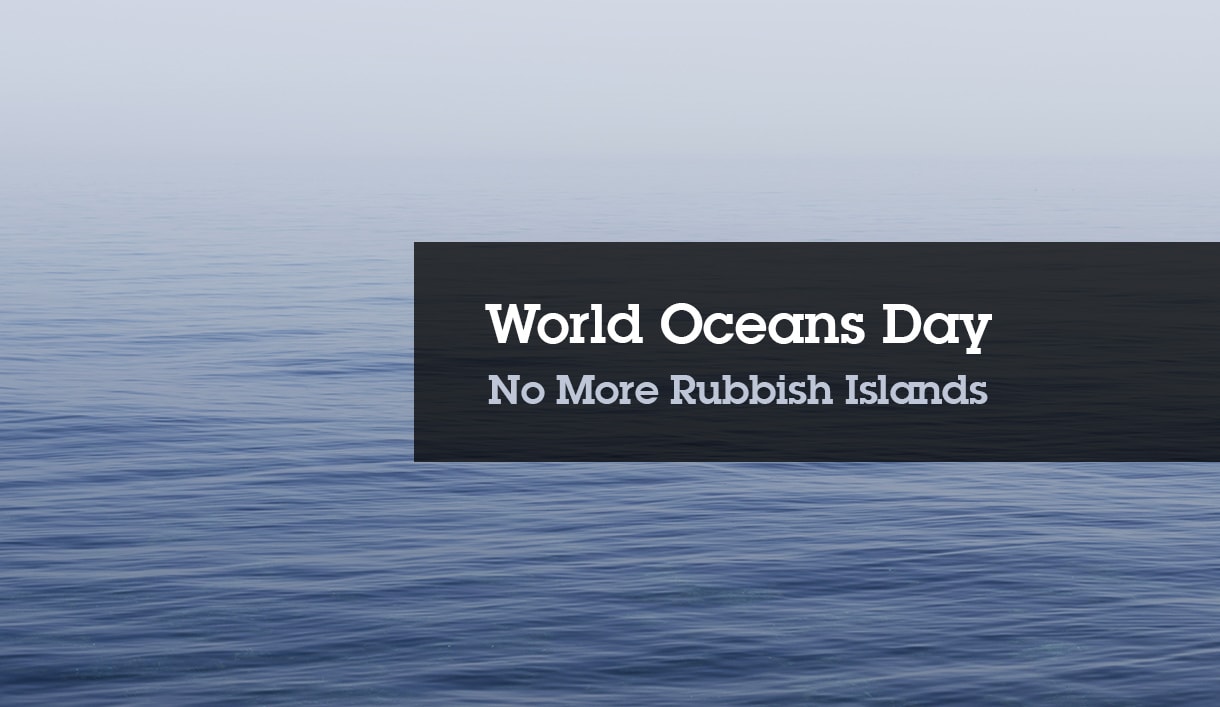

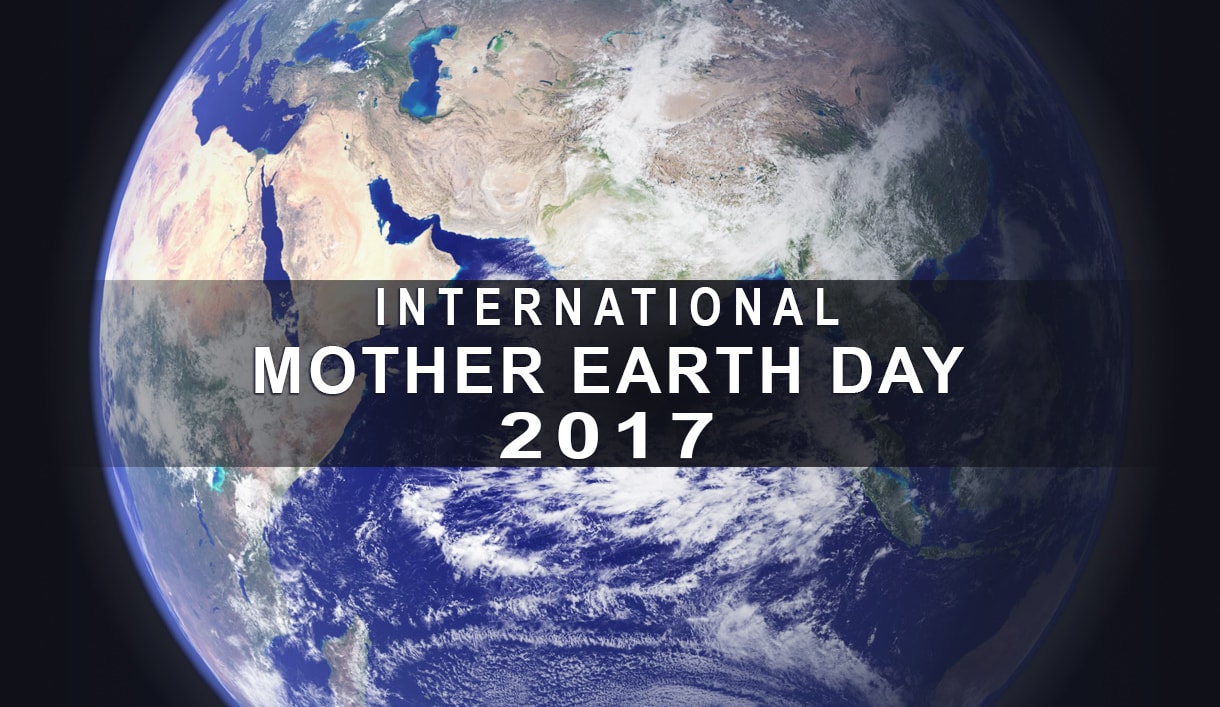
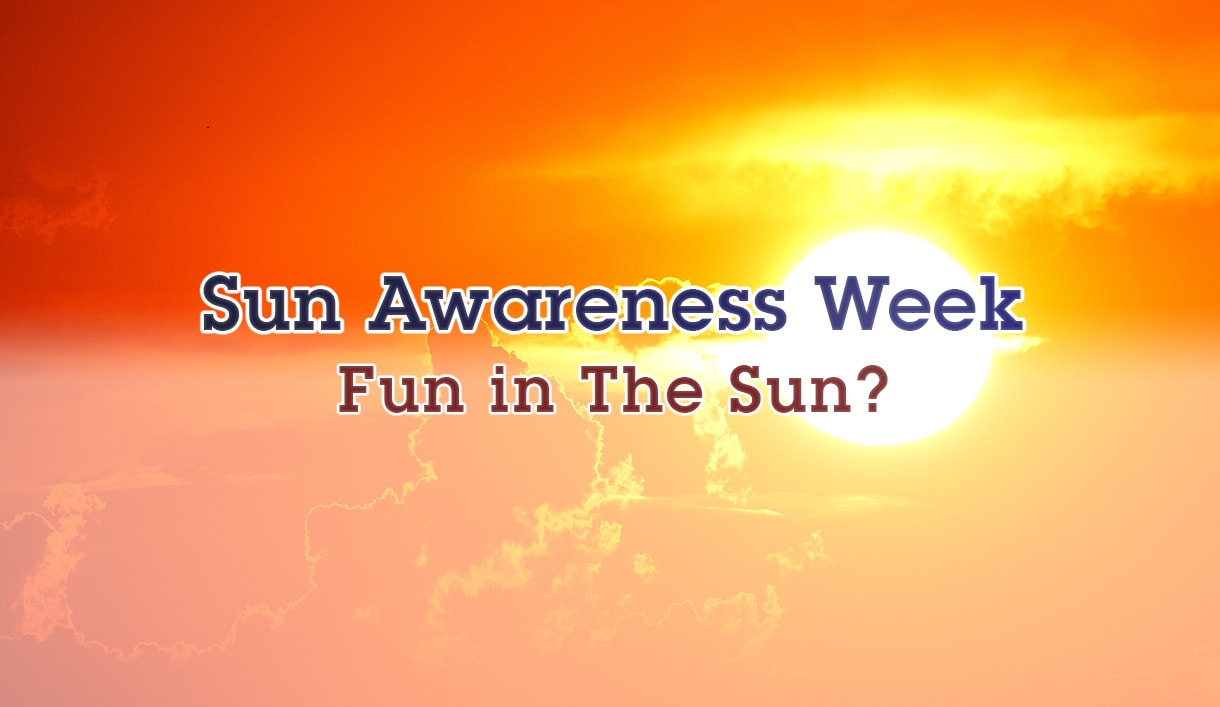
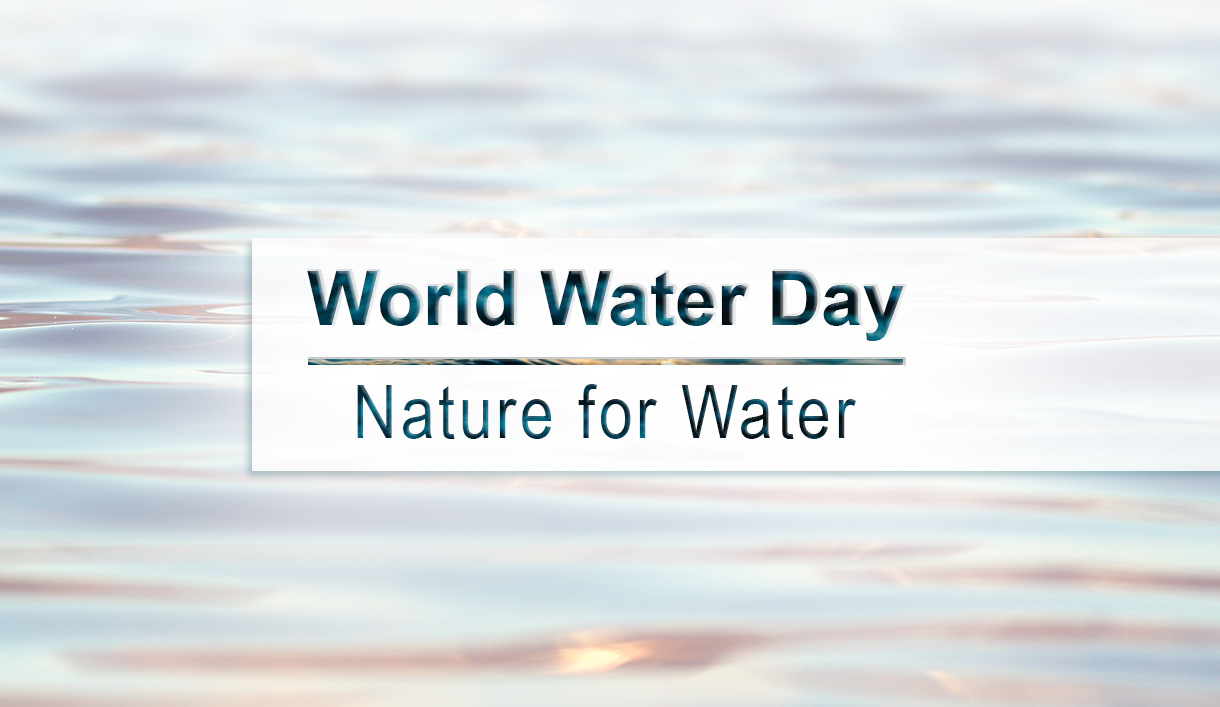
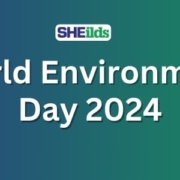
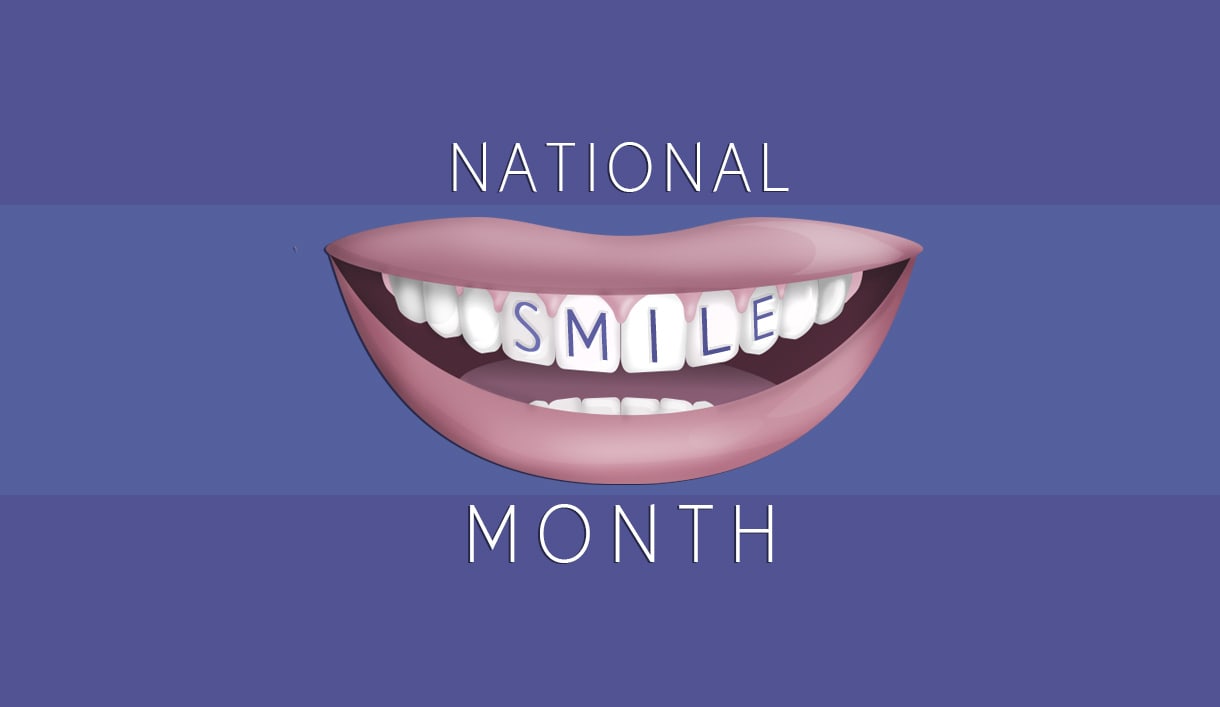
Leave a Reply
Want to join the discussion?Feel free to contribute!